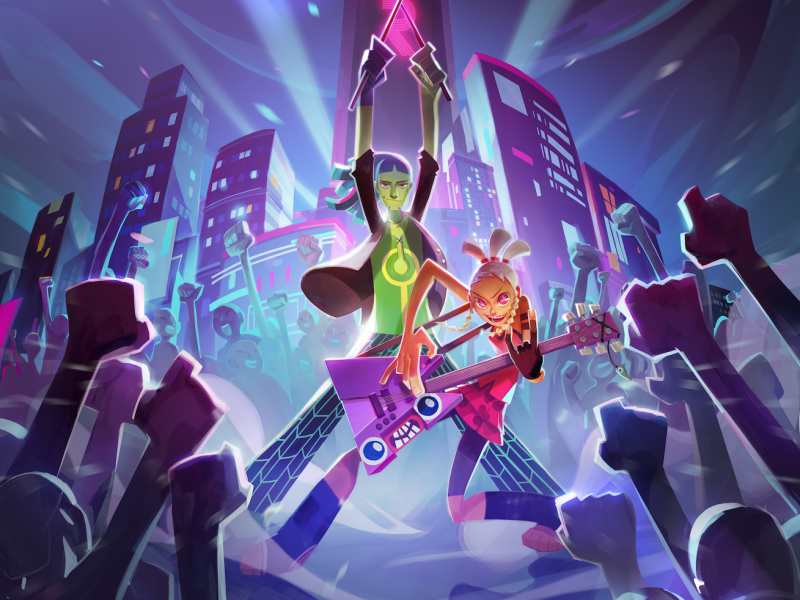PAX East 2016 | Panda & the Panels: Psychology & Games!
Pax East is one the magical times of the year where the team bands together to attack the exhibition floor. This year, Panda decided to walk a less traveled path here in the land of ESH and what did she find? A panel about Psychology – that's what!
Day One
Everyone knows that the Friday of Pax East is always the most hectic day for media professionals. If you are a scoop chaser and you aren’t here on Friday morning; you’ve missed your boat. However in the magical land of panels, the adventurer can decided the kind of experience they want to have. Wanna learn stuff find educational panels Wanna geek out about pokemon? Find all the guilty pleasures panels about pokemon! Wanna laugh your butt off? Comedy panels are the way to go. PAX East has all it– but where to begin?
I decided to learn about stuff. So my first day was filled with panels that were a tad more informational… sorry Pax East story time with Jonathan Blow…not this year.
Games have multiple layers so it is fair to assume that games can be utilized for multiple purposes is just as feasible.
Enter The Year in Psychology and Gaming.
This is the sort of panel, Panda would claim interest in but wouldn’t join the line of interested group to take part. That pattern of avoidance ended on Friday.
Upon entering the line my first thought? Anxiety. I could clearly tell that many of the people interested in this panel were psychology or medical majors in college. There was a strong debate going on in front of me about studies allowing games to be used to trigger emotional responses in subjects. I will not subject my own opinion on the matter at this time. Before the line officially moved the two participants agreed to disagree and nor more was said about that because that is how adults adult.
The panel was comprised of Kelli Dunlap and Josue Cardona hosts of PsychTech. It was far more informal than I initially thought it would be. However it touched upon all the things that generally get yelled between two friends trying to make sense of the eight dollar hot dog they each bought: the gamer demographic shift i.e. (women play games lol wut?) and the foundation of all gamer debate: Video Games are ruining young men.
The reason that this age old debate had been given new wings is because the current living “father of modern psychology” Philip Zimbardo was the voice. Don’t know who he is? I didn’t either until this panel. This man is quite significant to 98% of the people who attended it.
This doesn’t sound like a huge deal in fact you probably didn’t know this even happened. This man’s words carry so much weight that this literally caused the psychology to pretty much analyze themselves.
The strongest take away from this panel was the introduction to a woman who endured a horrible accident, was diagnosed with severe depression and was able to create a game that not only helped her recovery but also is available to the masses. This game is called Super Better.
Super Better was created by Jane McGonigal. It is a game that increases resilience, the ability to stay strong, motivated and optimistic even in the face of difficult obstacles. Playing this games should make you feel more capable of getting through any tough situation—and more likely to achieve the goals that matter most to you. Not only should you investigate this game if you struggle with any of the things mentioned above, you should also take a listen to Jane’s TED talk.
I walked around with a lot more established knowledge than I had walking in. If the positive powers of games was going to being the topic it would have been nice if that was established as the focus from the start. However this panel still had a lot to give attendees, if not a better understanding about Meta studies; it provided a new app to install to their phones.
So I'm giving The Year in Psychology and Gaming a 3.5 out of five stars. I would sit through a panel series of this.
At the end of the day, for all the examples that prove (?) that video games cause violence there are games out there that do their fair share of healing– this is one of them.






